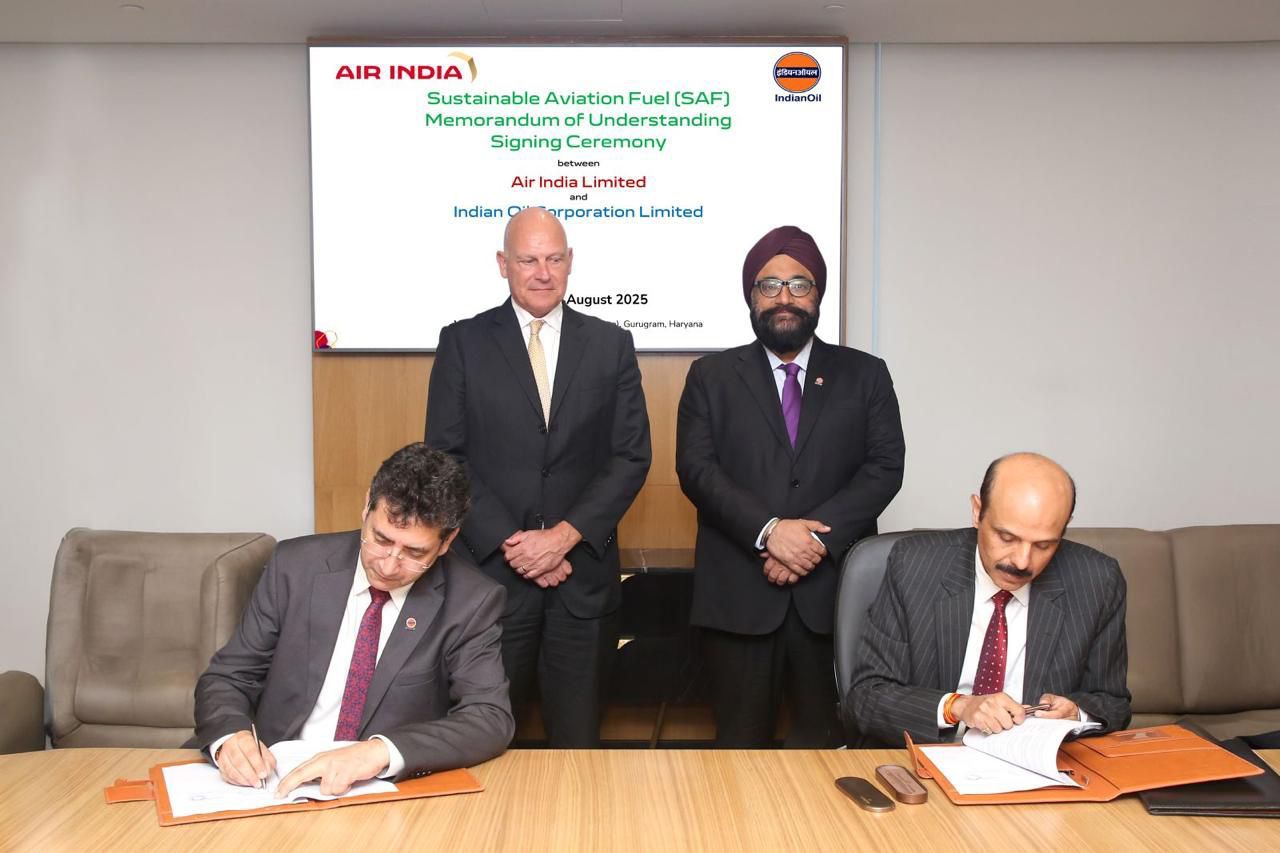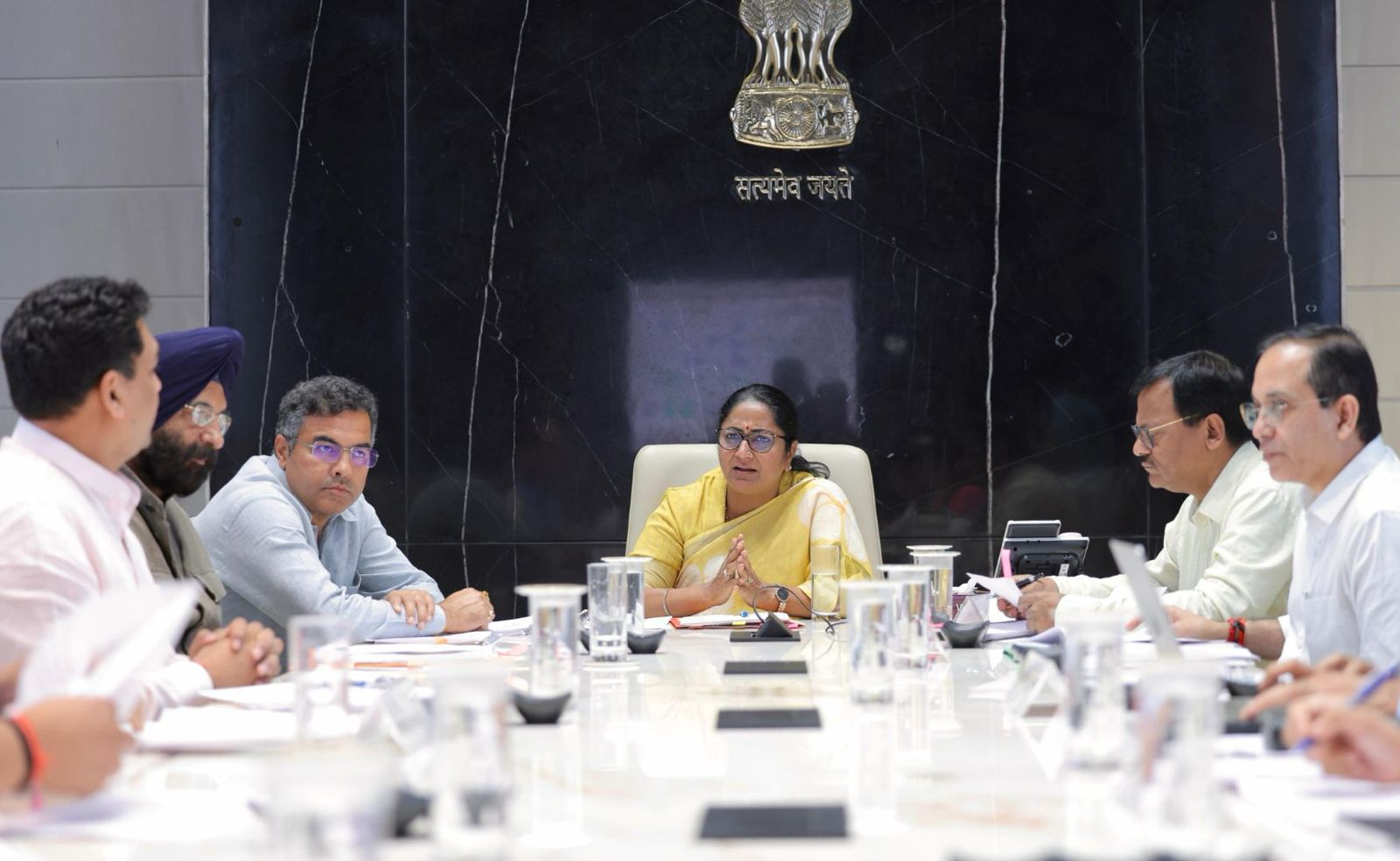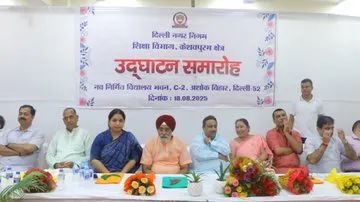 Image Source: TravelBizMonitor
Image Source: TravelBizMonitor
Aiming to set new benchmarks for carbon-free aviation in India, Air India and Indian Oil Corporation Limited (IOCL) have signed a milestone Memorandum of Understanding (MoU) to promote and supply Sustainable Aviation Fuel (SAF). This strategic partnership marks a significant leap in India’s decarbonization journey and aligns with global efforts to create a more sustainable aviation sector.
Key Highlights of the MoU and Partnership
The MoU establishes a collaborative framework between Air India, the Tata Group’s flagship airline, and IOCL, India’s largest oil refiner and fuel retailer, for the supply and utilization of SAF for Air India’s fleet.
Indian Oil’s Panipat refinery, recently awarded ISCC-CORSIA certification, will produce SAF compliant with the stringent environmental and lifecycle carbon emission standards stipulated by the International Civil Aviation Organization’s (ICAO) Carbon Offsetting and Reduction Scheme for International Aviation (CORSIA).
IOCL is poised to begin commercial SAF production using used cooking oil as its feedstock, targeting a capacity of 35,000 tonnes per year by the end of 2025. Used oil is to be sourced from leading hotel and restaurant chains, ensuring a circular, low-waste supply chain.
This certification positions Indian Oil as the first Indian company authorized to manufacture SAF to international standards, setting a baseline for further industry innovation.
Air India’s sustainability roadmap includes incorporating SAF as a key lever to achieve the International Air Transport Association’s (IATA) Net Zero by 2050 target, signaling a broader commitment to sustainable development and operational efficiency.
How the Initiative Works
SAF can be blended up to 50% with conventional aviation turbine fuel. India’s policy mandates at least 1% SAF blending in jet fuel sold to international airlines from 2027.
Air India and Indian Oil are committed to creating a reliable, transparent supply chain for certified green fuel covering both international and domestic routes.
The move complements Air India’s ongoing upgrades in operational efficiency such as advanced flight planning, route optimization, and fleet modernization—in line with global fuel efficiency and emission reduction targets.
Industry and National Impact
The pact demonstrates India’s leadership in green aviation by accelerating the use of SAF, a critical component in global climate action for the aviation sector.
With over 570 new aircraft on order as part of its fleet renewal, Air India stands to establish one of the world’s lowest-emitting airline fleets.
The partnership sets a precedent for other domestic carriers and refineries to invest in sustainable fuel production, supporting India’s goal of 5% SAF blending by 2030.
Broader Sustainability Vision
The MoU supports the Government of India’s multifaceted strategies toward clean energy, circular economy, and national climate targets.
Air India is also collaborating with leading research institutions such as the Indian Institute of Petroleum to further advance SAF technology and develop new supply chains across the country.
Both partners will engage in public education and industry outreach to advocate for SAF adoption and greener business practices.
What Comes Next
The partnership is expected to evolve from an MoU to a firm supply agreement as production ramps up, paving the way for more widespread use of SAF in Indian aviation.
Air India and IOCL’s unified efforts are anticipated to catalyze further investment and policy support for green aviation and the domestic renewable energy industry.
Conclusion
With the Air India-Indian Oil MoU, India takes a decisive step toward aviation’s green future. The deal signals not only an industry-wide shift in fuels but also a rising national commitment to environmental stewardship, innovation, and sustainable growth—setting the stage for greener skies and a cleaner planet.
Sources: The Tribune, India Outbound, Air India official website, Economic Times
Advertisement
Advertisement







